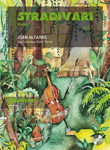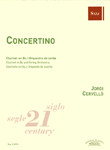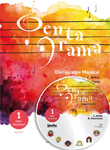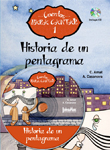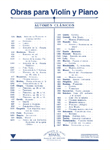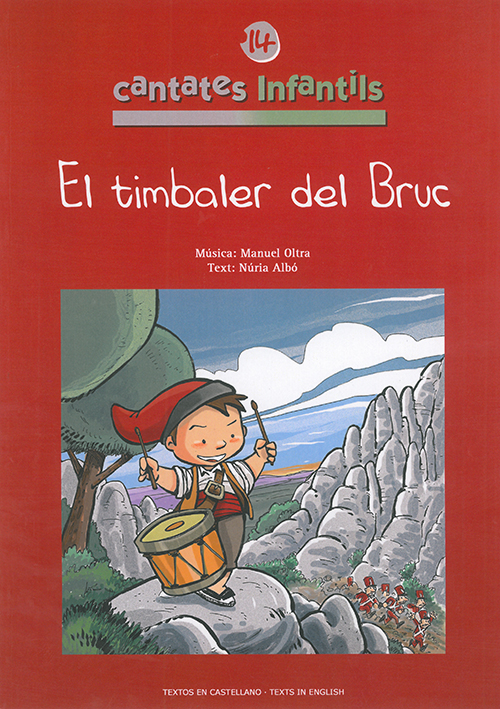WORKS
- Genre
-
Musical education
- Choir
- Counterpoint
- Dictation
- Direction
- Exam study manuals
- General music pedagogy
- Harmony
- Hearing
- Illustrations / Posters
- Improvisation / Sight reading
- Instrument methods
- Instrument pedagogy
- Instrumental study repertoire
- Instrumentation and orquestration
- Musical language
- Solfège
- Templates
- Theory and analysis
-
Incidental music
-
Lined paper
-
Flamenco
-
Religious music
-
Classical / contemporary
-
Modern music
-
Folk music / traditional
-
Musicology
-
Divulgation
-
Games and hobbies
-
Music therapy
-
Children / Youth
-
- Instruments
- Ensemble
- Difficulty level
- Period
- Genre
SOPORTE
Search
Find here: books, scores, composers, digital pieces, cd's
Best-selling works
Our classics
Newsletter
I wish to be informed of the news about your music
We have received your e-mail correctly
Multimedia
El Timbaler del Bruc
Cantates Infantils 14
Coro y Piano
OLTRA, ManuelOLTRA, ManuelOLTRA, ManuelReg.: DI0177
20,00 €
P.V.P. (VAT included 4%)
Add to cart
- Ensemble: Choir: .
- Genres: Children / Youth: Cantatas.
- Language: Catalán
- Product format: Partitura
- Difficulty level: Intermediate
- Period: 2nd half S. XX - XXI
- Publishing house: Dinsic
- No. of pages: 52
- Measure: 30,00 x 23,00 cm
- ISBN: 978-84-96753-07-5
- ISMN: M-69210-502-2
- Available in digital: No
- Available for rent: No
Just 10 years ago (1997), the SCIC celebrated its 30th anniversary: five thousand singers from children's choirs all over Catalonia, accompanied by Cobla Sant Jordi and directed by Josep Prats, performed the cantata The Drummer of Bruc in Barcelona's Palau Sant Jordi. For such an important event, the SCIC commissioned two renowned authors, the composer Manuel Oltra and the writer Núria Albó, to create the piece, guaranteeing its musical richness and exquisite text.
The Drummer of Bruc is a legend based on events that took place in 1808 during the French War. We are told faced with the attack of the feared French army, a boy from Santpedor named Isidre Lluçà beat his drum and, with the reverberation of the sound against the mountains of Montserrat, tricked the French into thinking that there were many more Catalan soldiers than there really were, causing Napoleon's troops to flee. This cantata, far from being a war-like work, commemorating the winning of a war, expresses a desire for peace and hope, as well as the need for the Catalan people to stand up for themselves. The author wanted 'to insist on the anxiety caused by the war, on the beauty of peace, but also on the need to defend one's own land and liberties.' She also describes how the music transmits this same message: 'This clashing of moods is beautifully expressed in Manuel Oltra's magnificent music, which ranges from being very lyrical to a martial tone, from the boom of victory to the solemnity of the end, expressing the desire that there be no more wars and that people learn to be good brothers and sisters.'

